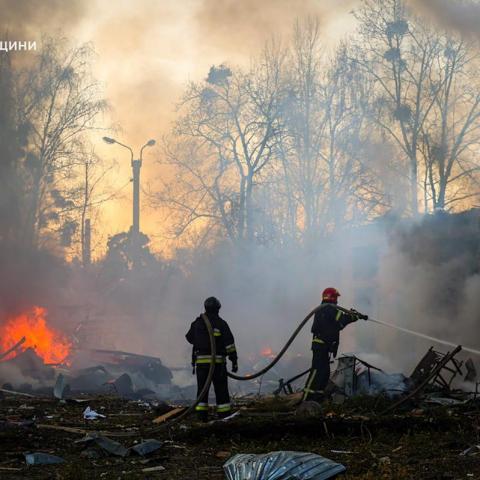Rep. LaMonica McIver from New Jersey is facing federal charges after a confrontation during an immigration detention center visit. The incident, which occurred on May 9, escalated to a physical altercation when federal officers attempted to arrest Newark Mayor Ras Baraka outside the Delaney Hall facility.
A federal grand jury accused McIver of three counts of “assaulting, resisting, impeding, and interfering” with federal officers. If convicted, she could face up to 17 years in prison. The U.S. Attorney’s Office claims that McIver physically obstructed agents who were trying to arrest Baraka.
McIver has spoken out, insisting she will plead not guilty. She describes the charges as politically motivated and asserts she was merely fulfilling her responsibilities as a Congress member. “The facts of this case will show that I was simply doing my job,” she stated.
The detention center itself recently opened and has garnered criticism, both from the city and various activists. There were claims that it bypassed necessary city permits. However, the Department of Homeland Security has denied those assertions, stating the facility met all legal requirements.
Social media reactions to the incident have been mixed, with many expressing support for McIver, citing her actions as part of her congressional duties. Others believe that the legal proceedings are symptomatic of the political climate surrounding immigration issues.
Interestingly, this situation highlights the tension between local leaders and federal authorities in immigration matters, particularly in light of recent nationwide protests against aggressive immigration enforcement. The controversy at Delaney Hall underscores broader themes of civil rights, racism, and the struggle between state and federal governance.
As this case unfolds, it could set important legal precedents about the limits of congressional conflict with federal enforcement actions.
Source link
















:max_bytes(150000):strip_icc():focal(1016x679:1018x681)/Sudiksha-Konanki-Missing-030925-01-0eb1678739704ab8ae2f044eac159426.jpg?w=480&resize=480,480&ssl=1)





